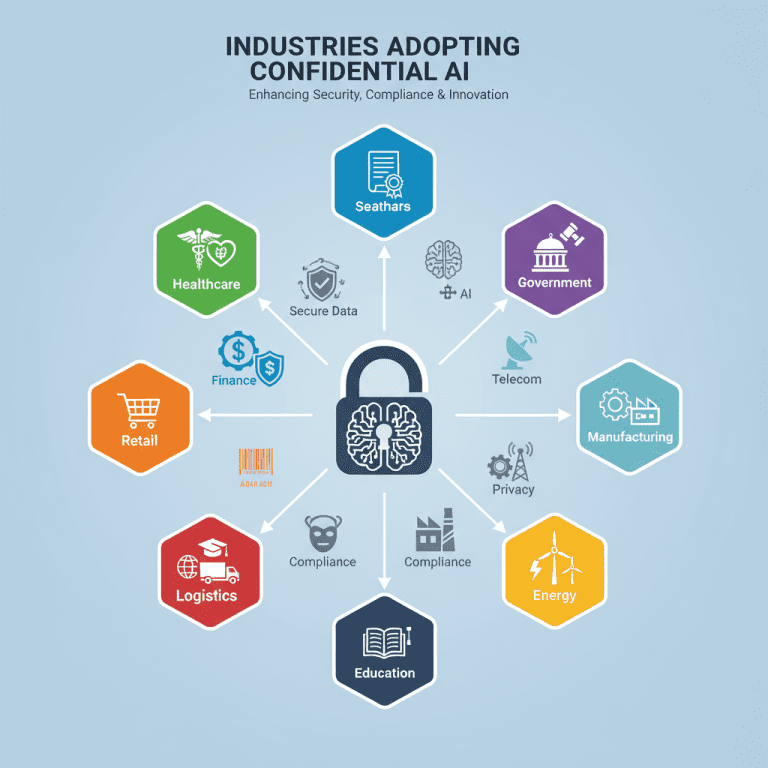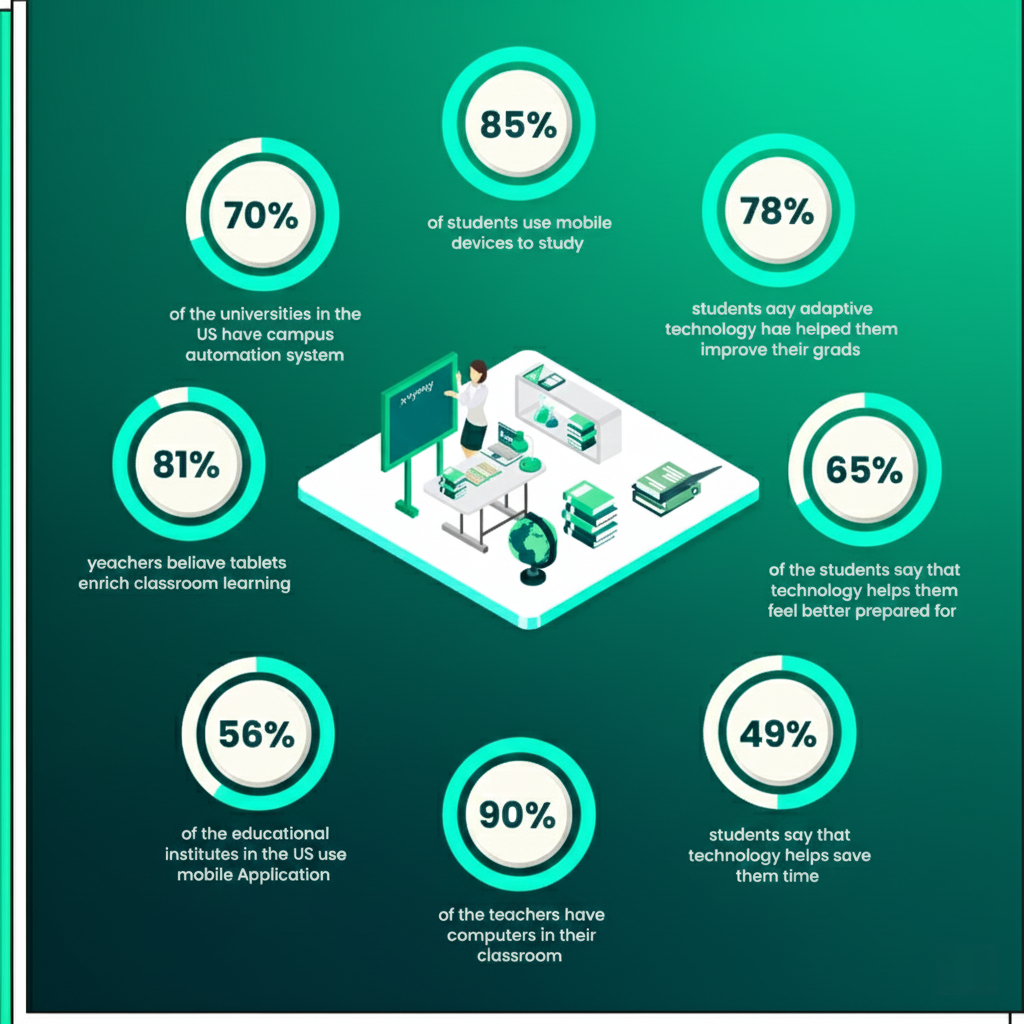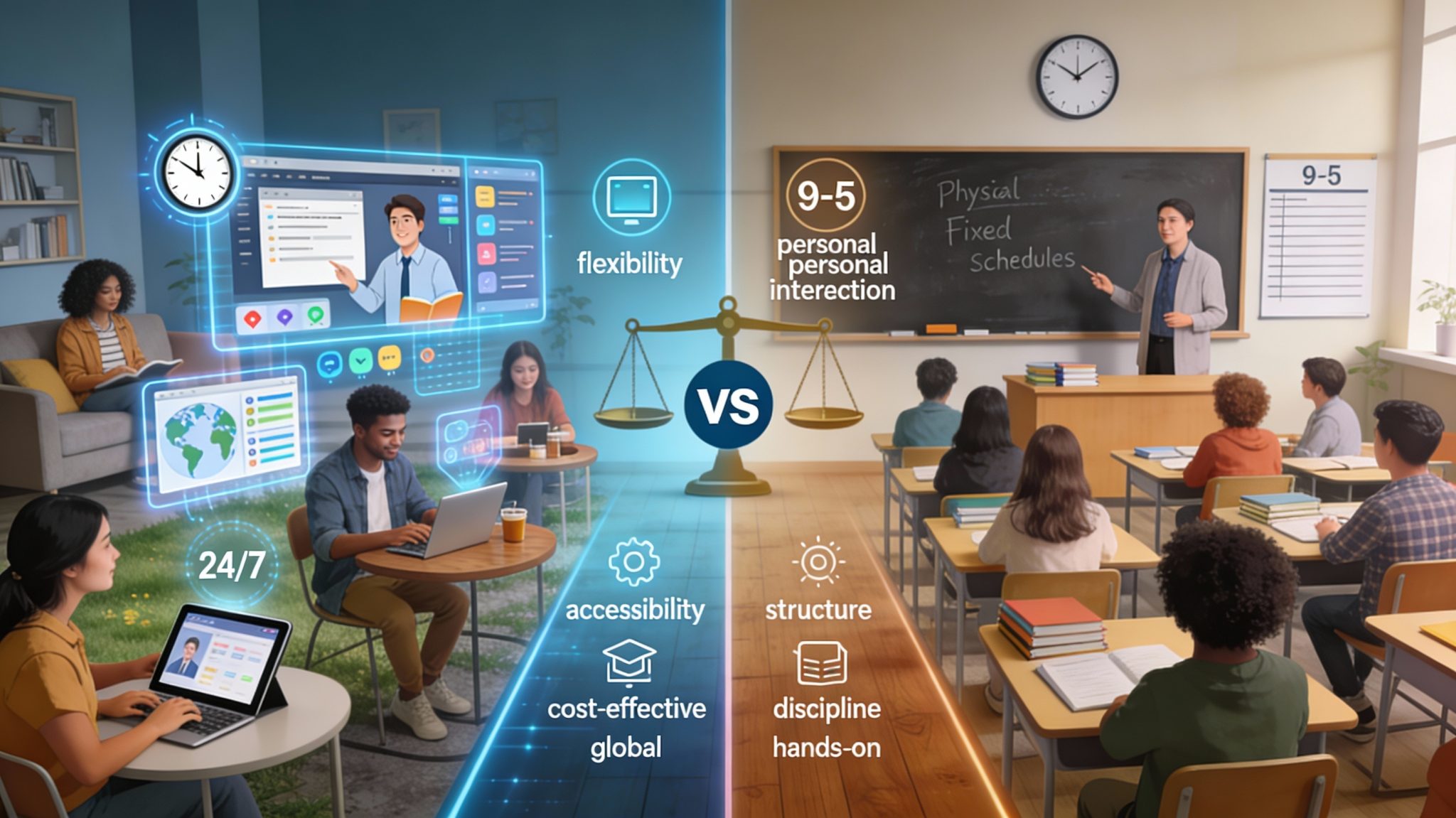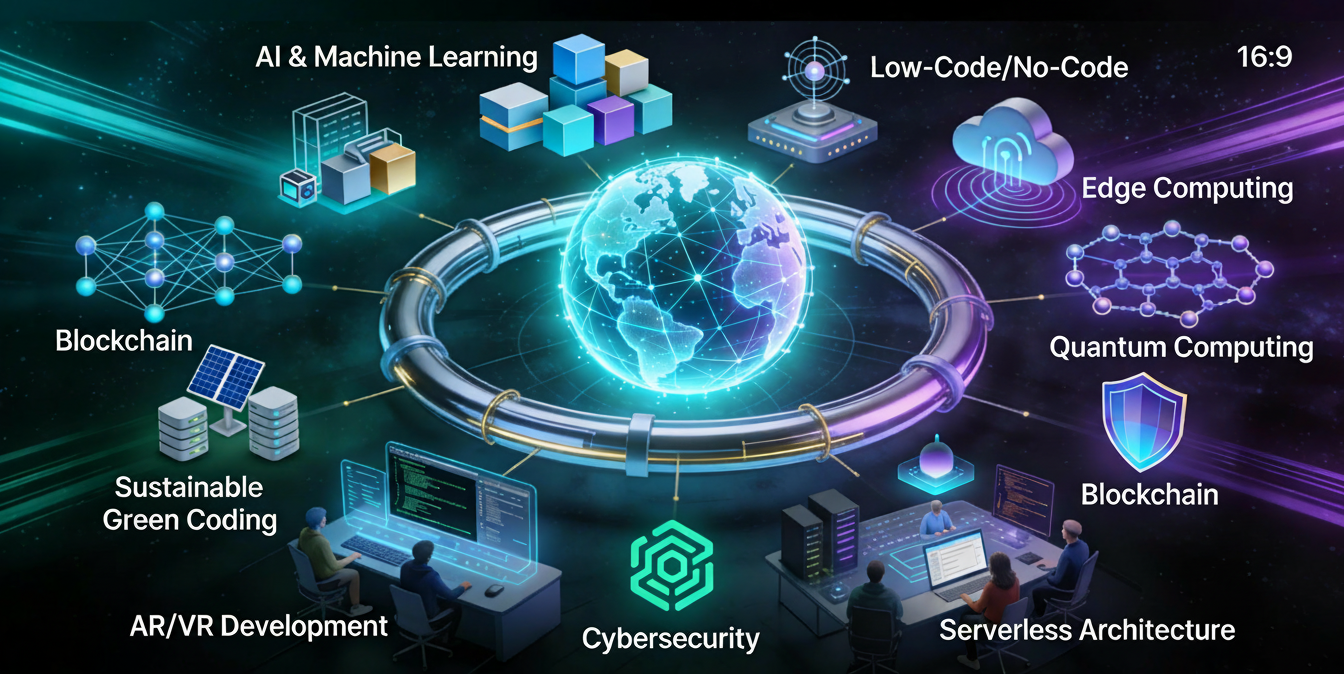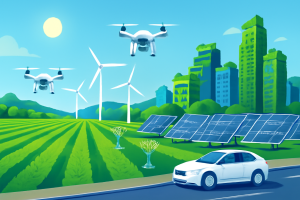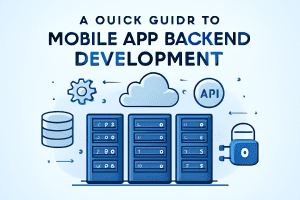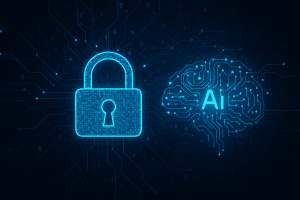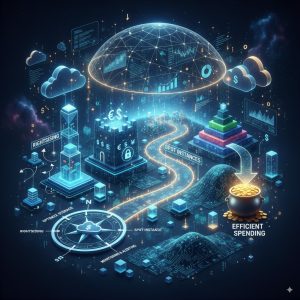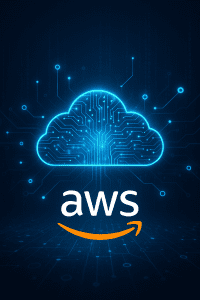Introduction
The age of intelligent automation is reshaping every industry, allowing organizations to process vast amounts of data, deliver deeply personalized experiences, and accelerate innovation. However, as the power of AI grows, so do concerns about data privacy, security, and regulatory compliance. Confidential AI—a new paradigm for data protection—ensures that sensitive information remains secure not only during storage or transit but also while being processed by advanced machine learning models. Embracing Confidential AI is essential for organizations that want to unlock the full potential of intelligent automation without compromising on trust or ethics.
The Rise of Confidential AI: Protecting Data at Every Stage
Traditional security approaches primarily focus on protecting data at rest and in transit. Confidential AI extends these boundaries, delivering robust protection even when data is actively being processed by AI models.
Key Technologies Behind Confidential AI:
-
Homomorphic Encryption: Allows computations on encrypted data, so raw information is never exposed—even during analytics and model training.
-
Federated Learning: Enables AI models to learn collaboratively from multiple sources without sharing underlying data—critical for sectors like healthcare and finance.
-
Trusted Execution Environments (TEEs): Secure zones within hardware that keep sensitive processing insulated from the rest of the system.
-
Differential Privacy & Secure Multiparty Computation: Techniques that anonymize data or allow secure joint analysis across organizations.
These methods work together to form multilayered defenses that guard against both external hackers and insider threats, ensuring regulatory compliance and ethical stewardship.
Why Confidential AI is Critical for Today’s Businesses
Compliance with Tougher Regulations
With GDPR, HIPAA, CCPA, and similar laws tightening global data privacy requirements, Confidential AI helps organizations:
-
Automate compliance by integrating privacy controls directly into AI workflows, reducing manual oversight.
-
Respond rapidly to audits and demonstrate robust safeguards, building regulatory trust.
End-to-End Security and Risk Mitigation
-
Confidential AI protects sensitive datasets against exposure at all stages—storage, transit, and active processing—mitigating risks before they start.
-
By encrypting or isolating data in secure hardware and software enclaves, organizations significantly reduce vulnerabilities to insider attacks and malicious breaches.
Business Value and Ethical Innovation
-
Enables organizations to extract actionable insights from confidential data safely, driving data-driven innovation without reputational risk.
-
Supports responsible AI and data ethics by default, so businesses can build customer trust and brand reputation while scaling automation.
Best Practices for Implementing Confidential AI
1. Encrypt All Sensitive Data
-
Use strong encryption protocols for data storage, transfer, and especially for processing (homomorphic encryption).
-
Ensure encryption keys are controlled and regularly rotated.
2. Strengthen Data Privacy with Differential Privacy
-
Anonymize datasets before analysis to remove personal identifiers.
-
Use role-based controls so only authorized personnel access confidential data.
3. Utilize Secure Hardware and Trusted Execution Environments
-
Deploy TEEs to isolate AI computations from the rest of the system, preventing unauthorized monitoring or data leaks.
4. Enforce Rigorous Access Controls and Monitoring
-
Use multi-factor authentication, API keys, and continuous monitoring to detect and stop unauthorized access to both data and models.
-
Maintain full audit trails of data access and algorithm activity for accountability and compliance reviews.
5. Ensure AI Compliance and Governance
-
Regularly review AI systems for bias, model transparency, and explainability issues to meet emerging regulatory standards.
-
Align with frameworks like GDPR, HIPAA, and sector-specific regulation.
Practical Use Cases of Confidential AI
Healthcare
-
Securely processes patient records for diagnostics and research without ever exposing raw personal data.
-
Enables collaborative research via federated learning between hospitals and labs.
Finance
-
Protects sensitive financial data (such as transaction history and customer details) while enabling fraud detection and predictive analytics.
-
Facilitates secure AI-driven risk modeling across regulated financial institutions.
Government and Public Sector
-
Allows agencies to analyze census, security, and welfare data without violating citizen privacy.
-
Supports public health and smart city initiatives powered by confidential data aggregation.
Cross-Industry: Multi-Party Data Collaboration
-
Confidential AI allows companies in supply chain, retail, tech, and more to build shared AI models without sharing underlying datasets.
Key Points Table
| Aspect | Confidential AI Approach | Traditional AI Security |
|---|---|---|
| Data Protection | Secures data at rest, in transit, and in use | Focuses on data at rest/in transit |
| Technology | Homomorphic encryption, TEEs, federated learning | Firewalls, standard encryption |
| Insider Threats | Mitigates both insider and outsider threats | Limited resistance to insider attacks |
| Compliance | Embedded privacy controls, audit-friendly | Manual compliance checks |
| Business Value | Unlocks insights from sensitive data securely | Limits analysis on confidential data |
FAQ
Q1: What is Confidential AI and how is it different from traditional AI security?
A1: Confidential AI protects sensitive data not just during storage and transfer, but also while data is being actively processed by AI models—using technologies like encryption, federated learning, and secure hardware zones. Traditional security typically focuses only on protecting data at rest or in transit.
Q2: What are the main regulatory compliance concerns with AI and sensitive data?
A2: Regulations such as GDPR, HIPAA, and CCPA require strict data protection, usage transparency, and rapid breach reporting. Confidential AI automates much of the compliance process and reduces the risk of costly violations.
Q3: Which industries benefit most from Confidential AI?
A3: Sectors with highly sensitive or regulated data—such as healthcare, finance, government, and cloud-based collaboration—gain the most value from Confidential AI solutions.
Q4: How can organizations implement Confidential AI effectively?
A4: Encrypt all sensitive data, use secure enclaves for computation, enforce strict access controls, and embed compliance checks throughout the AI lifecycle.
Q5: Is Confidential AI expensive or hard to deploy?
A5: With cloud providers and hardware vendors now supporting TEEs, federated learning, and dedicated confidential AI services, implementation is becoming more accessible and cost-efficient for organizations of any size.
Conclusion
The explosion of intelligent automation means businesses handle more sensitive data than ever before. Confidential AI empowers organizations to extract unparalleled business value from data—while maintaining compliance, ethics, and trust. By embedding cutting-edge privacy and security methods throughout the AI lifecycle, Confidential AI becomes a cornerstone for safe, responsible automation. Now is the time for leaders in all industries to invest in end-to-end confidential AI solutions, leveraging innovation without sacrificing data protection.
For organizations seeking to securely harness AI’s potential, consult with experts at TechOTD AI Services to design scalable, privacy-first solutions that align with global best practices and regulations.
